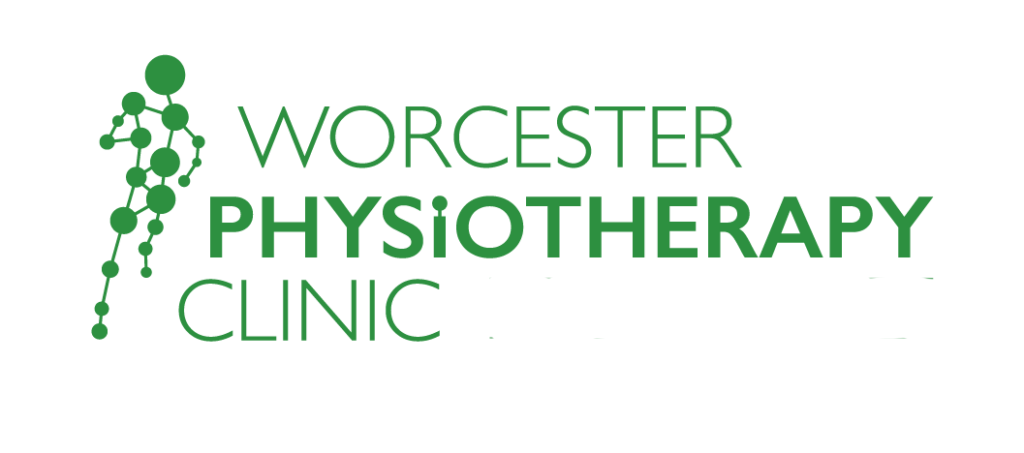When you’re recovering from an injury or working through physiotherapy, what you eat will determine your rate of success and protein in particular, becomes one of your best friends. But it’s not just about building muscle – protein plays a crucial role in helping your body repair and heal. Whether you’re recovering from surgery, a strain, or any other injury, protein helps you bounce back faster and stronger.
What is Protein?
Protein is one of many nutrients found in food and made up of molecules called amino acids which support your immune system and repair tissues. We need protein day to day just to survive, but during periods of injury or illness we’ll need a lot more.
Foods high in protein includes meats, beans, dairy, fish and grains.
TIP: If you have a mainly plant-based diet you might see how challenging it is to find suitable foods high in Protein. It’s therefore important you make a conscious effort to choose foods packed with Protein to compensate for the lack of meat in your diet.
How Protein Helps You Recover
After an injury, your body needs EXTRA protein to help repair damaged tissues and in your body, protein supports the growth of new tissue, therefore reducing the time it takes for you to heal. Like a builder repairing a house, they need bricks and mortar, and anything less will be suboptimal.
During physiotherapy, you’ll likely be programmed exercises to strengthen muscles and improve movement. Without enough protein, this process can be much slower, and far more frustrating. Protein also plays a role in keeping your immune system strong so your body can fight off illnesses & infections which would otherwise sap your body’s resources and delay your recovery further
Why Protein is Essential for Physiotherapy Patients
- Building and Strengthening Muscles
When performing strength-based exercises your muscles are being stressed, and that’s a good thing! But for your muscles to develop and grow stronger, they need protein. - Repairing Tissues
Injuries like strains, sprains, or fractures result in damaged tissues and bone. Protein helps repair these tissues by providing the building blocks your body needs to restore them. - Reducing Inflammation
Injuries can often involve inflammation, which if excessive can slow down the healing process. Protein helps reduce inflammation and supports your body’s natural healing response, so you can recover more quickly and comfortably.
How Much Protein Do I Need?
Nutritional needs vary from person to person and should be tailored to individual requirements. However, we’ve provided some general guidelines below that can be helpful. It’s important to note that our recommendations are not a substitute for medical or professional advice. Additionally, tracking your nutrients should only be considered if you have not had any previous issues with eating disorders.
- For a healthy person with a moderate activity level, no injuries, and no illnesses, the general recommendation is around 1.2g of protein per kg of body weight each day (1).
- If you’re particularly active, recovering from an injury or illness, or going through menopause, we recommend increasing your intake to more than 1.5g per kg per day (1).
- For those in the early stages of recovery after a significant injury, those who are frail, or athletes who engage in high-level sports, we suggest getting over 2.0g per kg per day.
We understand that hitting your protein goals can be tough, but it’s essential to treat your nutrition just as important as your training. Without proper nutrition, your performance and injury recovery could be compromised.
3 Easy Tips to Add More Protein to Your Diet
- Add Protein to Every Meal
It’s easier than you think to include protein in your meals. Try adding eggs to your breakfast, or a piece of chicken or tofu to your lunch and dinner. You can even swap in lentils, beans, or quinoa if you’re looking for plant-based options. The goal is to have a good source of protein at each meal to keep your body fuelled throughout the day. - Snack on Protein
Snacking is a great way to boost your protein intake, especially if you’re busy or on the go. Things like a handful of nuts, a boiled egg, or a protein bar are quick and easy snacks that give you that protein boost when you need it. Greek yogurt, hummus with veggies, or a small serving of cheese are also tasty ways to sneak some extra protein into your day. - Consider Protein Supplements
Sometimes it’s hard to get enough protein through food alone, especially if you’re not feeling hungry or have dietary restrictions. That’s when protein shakes, powders, or smoothies can come in handy. They’re a quick and easy way to get the protein you need, especially after physiotherapy sessions or a workout when your muscles are craving recovery.
In Summary
Protein isn’t just for bodybuilders – it’s an essential part of your recovery if you’re going through physiotherapy. By helping your muscles rebuild, repairing tissues, and reducing inflammation, protein speeds up your recovery and helps you get back to doing the things you love. With a few simple tweaks to your meals, snacks, and perhaps even adding a supplement in the short term, you’ll be supporting your body’s healing process and feeling better in no time!
- Phillips SM, Chevalier S, Leidy HJ. Protein “requirements” beyond the RDA: implications for optimizing health. Appl Physiol Nutr Metab. 2016 May;41(5):565-72. doi: 10.1139/apnm-2015-0550. Epub 2016 Feb 9. Erratum in: Appl Physiol Nutr Metab. 2022 May;47(5):615. doi: 10.1139/apnm-2022-0131. PMID: 26960445.

